15, August 2022
Kenya’s William Ruto: From chicken hawker to president-elect 0
President-elect William Ruto is one of Kenya’s wealthiest men but has long portrayed himself as “hustler-in-chief” — the champion of the poor and downtrodden.
Defying corruption allegations going back years, the ambitious 55-year-old clawed his way to the centre of power by playing on his religious faith and humble beginnings selling chickens by the roadside.
His duel against former prime minister Raila Odinga in the August 9 elections was something that he painted in simple terms.
It was, he said, a battle between ordinary “hustlers” struggling to put food on the table and the elite Kenyatta and Odinga “dynasties” that had dominated Kenyan politics for decades.
“We want everyone to feel the wealth of this country. Not just a few at the top,” Ruto had said as he criss-crossed the country promoting his “bottom-up” economic plan.
The shadowy rags-to-riches businessman had effectively run as a challenger after a very public and acrimonious falling out with outgoing president Uhuru Kenyatta, who backed Odinga for the top job.
Despite a race dominated by mudslinging, Ruto on Monday struck a conciliatory tone after his win, vowing to work with “all leaders” after the outcome split the election commission and sparked fears of violence.
“There is no room for vengeance,” Ruto said, adding: “I am acutely aware that our country is at a stage where we need all hands on deck.”
‘Effective strategist’
Ruto had served as deputy president under Kenyatta since 2013, supporting him in two elections with a promise that he would have the backing of his boss in this year’s vote.
It was a political marriage of convenience forged in the aftermath of deadly post-poll violence in 2007-2008 that largely pitted the Kikuyu — Kenyatta’s tribe — against the Kalenjin, Ruto’s ethnic group.
Both men were hauled before the International Criminal Court (ICC), accused of stoking the ethnic unrest.
The cases were eventually dropped, with the prosecution complaining of a relentless campaign of witness intimidation.
But Ruto was left out in the cold after Kenyatta shook hands with longtime foe Odinga in a dramatic switch of political allegiance in 2018.
He bounced back with a campaign that was directed as much at Kenyatta as his rival at the ballot box, blaming the government for Kenya’s economic woes and even accusing the president of threatening him and his family
“Ruto is seen by many people to be one of the most effective strategists in Kenyan politics,” Nic Cheeseman, a political scientist at the University of Birmingham in Britain, said before the poll.
‘Perfect storm’
Clad in the bright yellow of his United Democratic Alliance, whose symbol is the humble wheelbarrow, Ruto sought to reach out to those suffering most from the Covid-induced cost of living crisis that has been aggravated by the war in Ukraine.
Ruto “picked the perfect storm,” Kenyan political analyst Nerima Wako-Ojiwa said before the election.
Observers attribute Ruto’s aggressiveness to the fact he has had to struggle to get everything he has achieved in life from his lowly start in Kenya’s Rift Valley, the Kalenjin heartland.
“I sold chicken at a railway crossing near my home as a child… I paid (school) fees for my siblings,” he once said.
“God has been kind to me and through hard work and determination, I have something.”
His fortune is now said to run into many millions of dollars, with interests spanning hotels, real estate and insurance as well as a vast chicken farm.
A teetotal father of six who describes himself as a born-again Christian, Ruto seldom lets a speech go by without thanking or praising God or reciting from the Bible.
He first got a foot on the political ladder — and detractors claim, access to funds — in 1992. After completing studies in botany, he headed the YK’92 youth movement tasked with drumming up support for the autocratic then-president Daniel arap Moi, also a Kalenjin.
In 1997, when he tried to launch his parliamentary career by contesting a seat on his home turf of Eldoret North, Moi told him he was a disrespectful son of a pauper.
Undeterred, Ruto went on to clinch the seat, which he retained in subsequent elections.
His detractors say he siphoned money from the YK’92 project and used it to go into business, and allegations of corruption and land grabs still hang over him.
But he has long dismissed such claims, once telling local media: “I can account for every coin that I have.”
Source: AFP
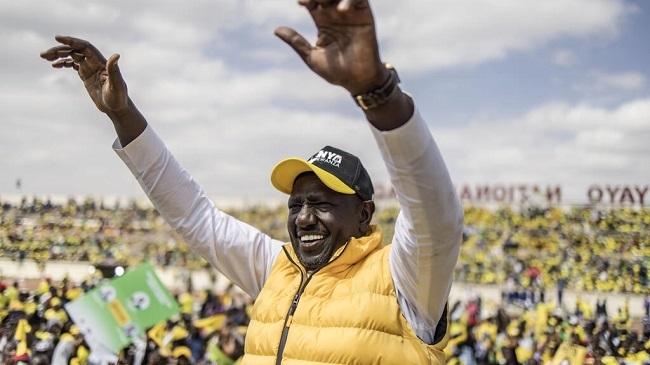

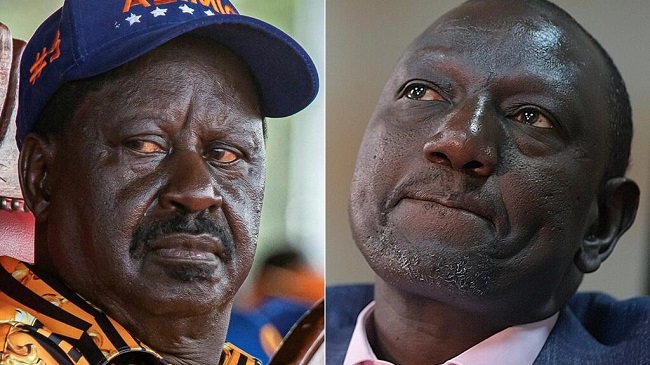
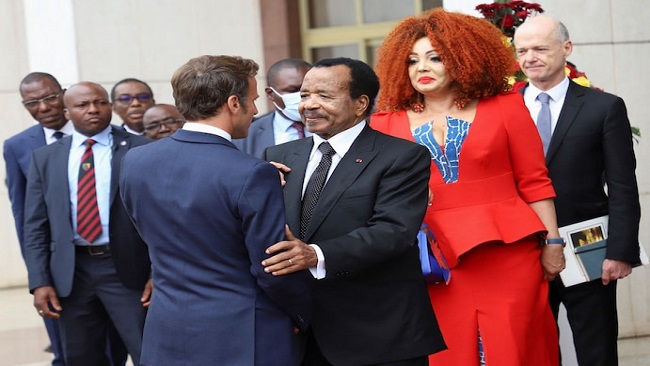
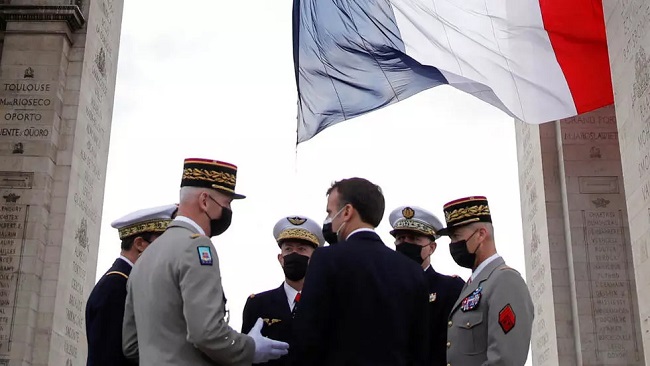
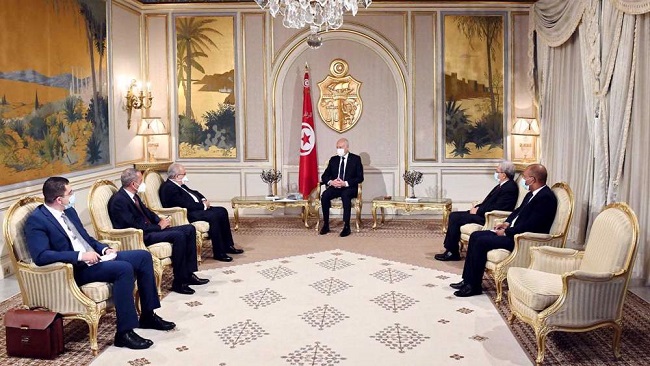
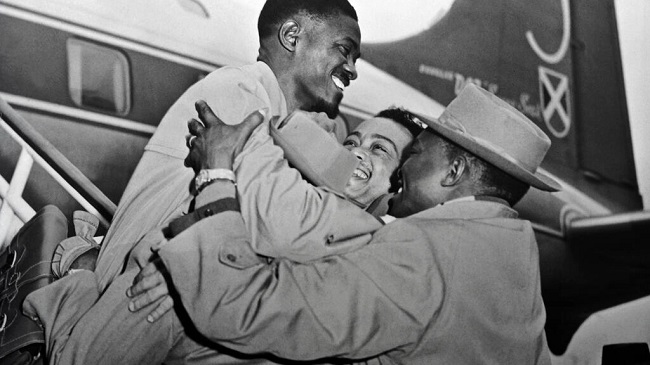
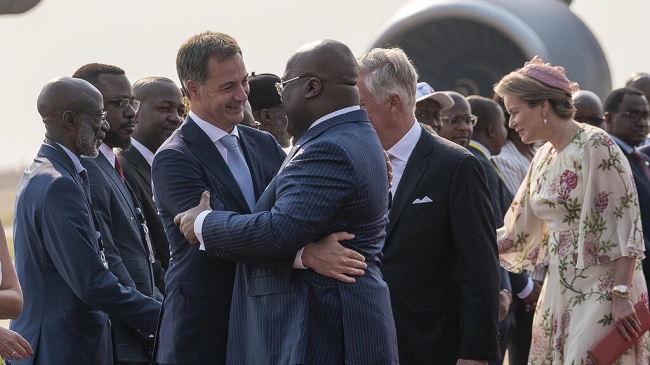
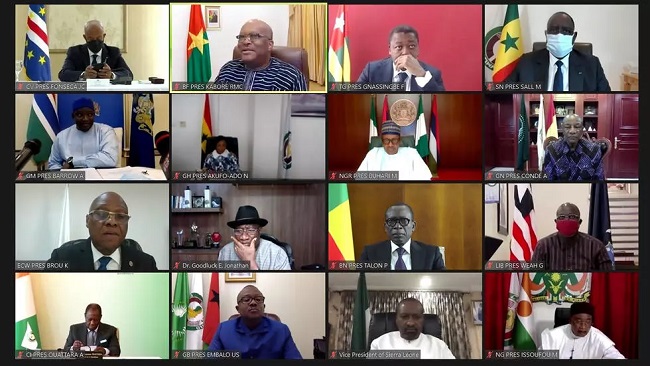

















18, August 2022
France rejects Mali’s accusations that it helped arm Islamist fighters 0
France on Thursday denied accusations by Mali’s foreign minister that the French army has provided support to Islamist groups and violated Malian airspace. Mali’s relations with Paris have been deteriorating since a junta took power in an August 2020 coup, eventually culminating in the withdrawal of French troops that was completed on Monday after a nearly decade-long mission.
The accusations mark a new low in relations amid reports that Russian mercenaries hired by Mali’s military government were flocking to fill the power vacuum left by French troops leaving the country, prompting new worries among Western powers over the security situation in the Sahel region.
Mali says France has violated its airspace and delivered arms to Islamist militants in an attempt to destabilise the West African country, the latest in a barrage of accusations that have marked a bitter end to their once-close relations.
In a letter to the head of the United Nations Security Council dated Monday, Mali’s foreign affairs minister, Abdoulaye Diop, said its airspace has been breached more than 50 times this year, mostly by French forces using drones, military helicopters and fighter jets. “These flagrant violations of Malian airspace were used by France to collect information for terrorist groups operating in the Sahel and to drop arms and ammunition to them,” the letter said.
Mali provided no evidence that France had supplied arms to Islamist groups. France has spent a decade and billions of dollars to stamp out Islamist militants, some with links to al Qaeda and the Islamic State group, in its former colony and across the Sahel region.
“France has obviously never supported, directly or indirectly, these terrorist groups, which remain its designated enemies across the planet,” the French embassy in Mali said in a Twitter thread.
The embassy said that 53 French soldiers had died during its nine-year mission in Mali and that France had killed hundreds of Islamist fighters to restore security for Malians. France has also suffered Islamist attacks at home, it added.
German UN soldiers said they saw Russian forces landing at the airport in Gao and unloading equipment on Monday, the day the last French soldiers left, according to a German military document dated Tuesday.
Fighters from the Wagner Group, a Kremlin-linked private military company, have been supporting the Malian army in its fight against Islamist insurgents since late last year.
French forces were welcomed as heroes in Mali in 2013 after the government in Bamako asked France for help against the Islamist groups that had taken over much of the north, including the fabled city of Timbuktu.
But a series of setbacks and prolonged attacks by the militants have soured relations, which became worse since a military junta overthrew the government in 2020 and later overthrew an interim civilian cabinet.
Mali’s ruling junta called in February for France to withdraw its troops “without delay”. In May the junta announced it was leaving the defence accords it concluded with France, condemning “flagrant violations” of its national sovereignty by French troops.
Its military rulers had pledged to return power to civilians in 2022 but subsequently extended the timetable to 2024, incurring regional sanctions.
Reported by AFP and REUTERS